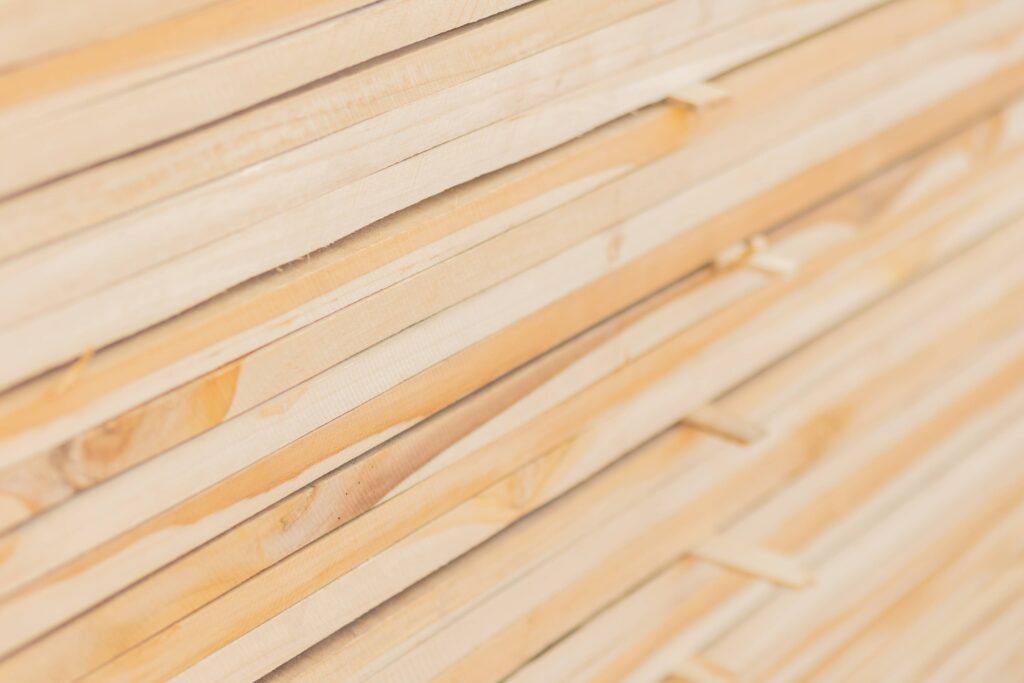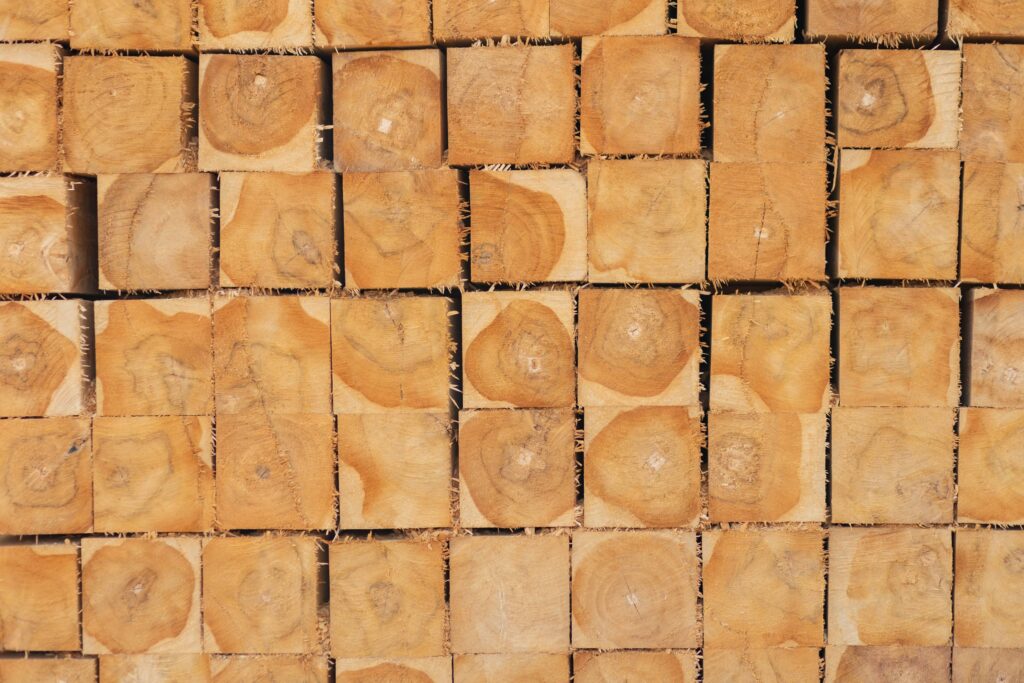News
The different uses of teak, “the king of woods”

MLR Forestal produces teak, a wood desired worldwide. Teak is known as “the king of woods”. The website maderea.es It states that teak holds this “royal title” because it is not damaged if it comes into contact with metals, for its great adaptation to outdoor use, even in extreme conditions and for its resistance to changes in temperature, water, cracking or rupture.
Teak is used in luxury furniture; construction of vessels or port infrastructure and bridges; manufacture of exterior and interior carpentry in general, such as floors, terraces or “decks”, façade cladding, window frames; And it is common to see it in houses and beach hotels, around swimming pools because water, sun and chlorine have no major impact on it.
According to Arkiplus, a portal specialized in architecture, construction, landscaping and art, teak wood is widely used in the manufacture of all types of garden furniture, signage, and structures, given its resistance to climatic factors.
Other applications where teak wood is used is for power line poles, wall panels, boxes, railway sleepers. One of the most popular uses is the making of kitchen utensils, musical instruments and toys.

Joinmakers appreciate teak wood because they use it to make indoor and outdoor furniture for its malleability and resistance. The growth rings in the wood heartwood give it a special appeal, which together with a fine finish results in furniture of great quality and prestige.
The blessing of teak oil
The high oil content is an interesting feature of this wood. This is an antiseptic resin that makes it resistant to attack by insects, termites and fungi. A further advantage of such a resin is that it allows sawing, drying, brushing and finishing to be carried out without difficulties.
The wood encyclopedia of the website maderame.me specifies that this is an oily wood of excellent properties, hence commercially it has been wanted to exploit the denomination “teak oil” to sell finishes for wood. However, this substance is usually a combination of natural oils (flaxseed and/or tung) with industrial compounds.

Share




